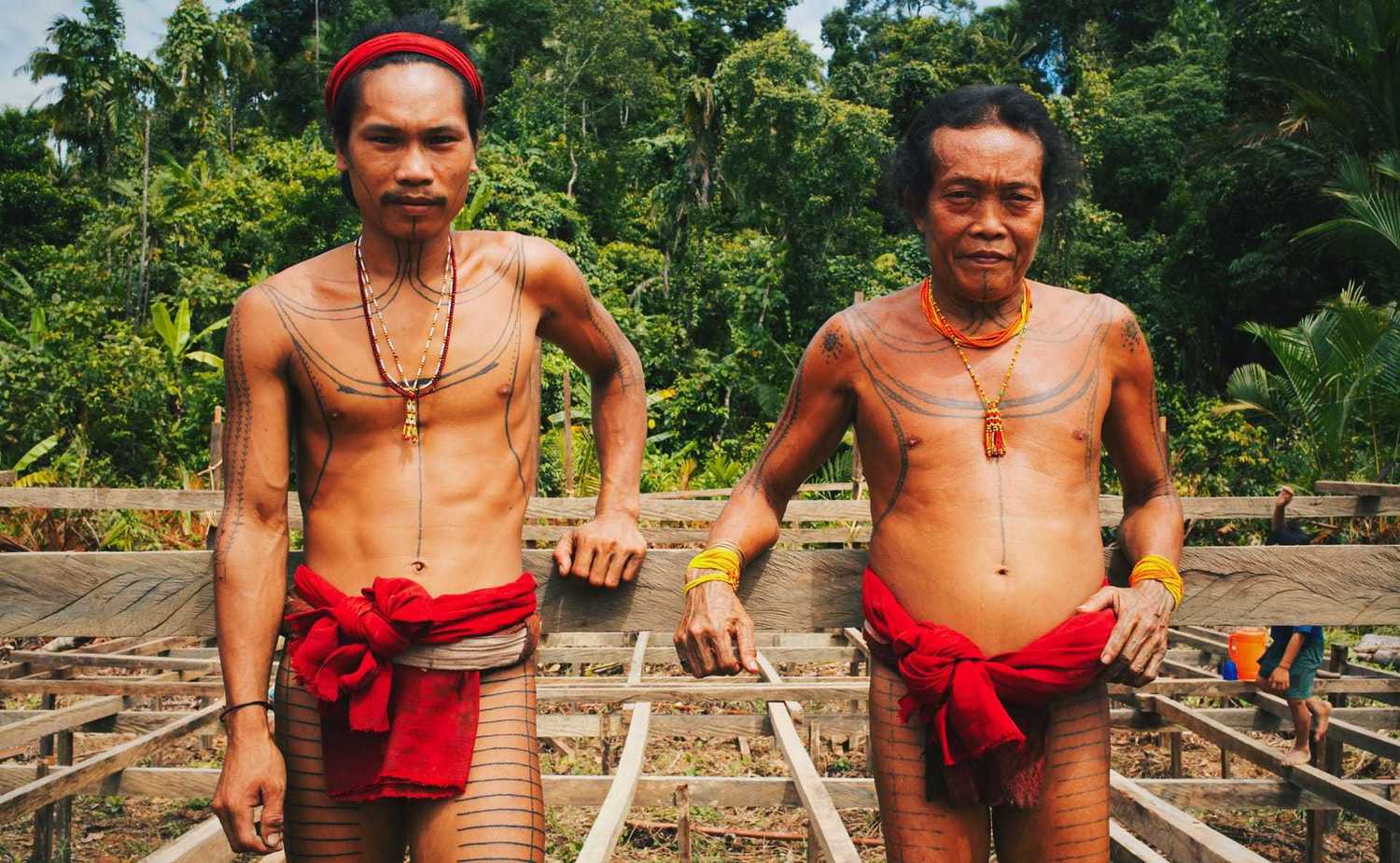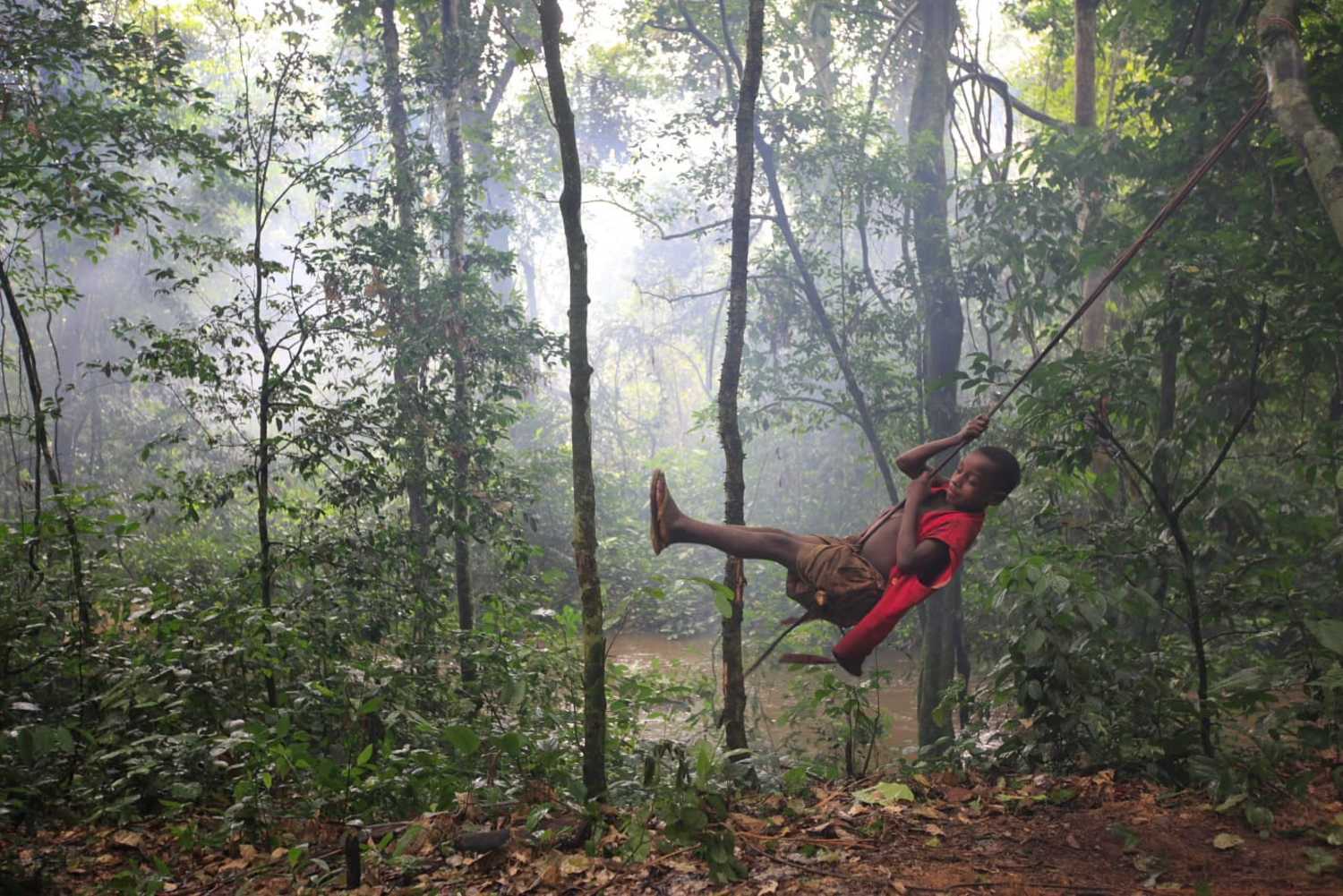Forests and Communities Initiative
Forest conservation through the action of indigenous peoples and local communities
Forests are the heart and green lungs of our planet. They are home to most of the plant and animal species in our biosphere, fertilise our soils, moderate our climate and provide an infinite number of other ecosystem services. Yet humans continue to destroy this priceless natural heritage, with forest destruction increasing in recent decades. The world's forest hubs, such as the Amazon, Central Africa and South-East Asia, are under unsustainable pressure that seriously threatens the major environmental balances.
Faced with the urgency of the situation, the Foundation wished to strengthen its action by launching an impactful initiative that will be long-lasting and will actively participate in the protection of forests and their biodiversity through the actions of the people who live within and around them. It is in a collective and federative approach that the Foundation decided to co-found this initiative alongside renowned partners such as the IUCN World Commission on Environmental Law, the International Ranger Federation and the Global Forest Coalition.
The objective of the Forests and Communities Initiative (FCI) is to support the conservation of forest ecosystems through the action of indigenous peoples and local communities (IPLCs) and the development of a supportive network of actors providing a range of multidisciplinary expertise.
To this purpose, the FCI's activities will focus on two main areas:
- Project funding through strategic partnerships with renowned Indigenous organizations.
- The development of a network of actors who will participate in the advancement of new solutions, collaborations, and knowledge sharing. In particular by connecting actors with each other, but also through the organisation of events and conferences (the first FCI conference being already planned for November 2023).
Its scope of intervention includes sub-Saharan Africa, Latin America, South and South-East Asia and the Pacific Islands.
The following six cross-cutting principles are guiding all activities supported by FCI:
- Focusing on the conservation of high ecological value areas, particularly primary forests and zones with low anthropic activities, with an emphasis on IPLC-driven sanctuarization and preservation of these areas.
- Exercising conservation through a holistic approach to preserve all elements that make up these natural ecosystems and the biodiversity they contain; fauna, flora, soil, air, human beings, and all life cycles which they are part of.
- Respecting the knowledge and rights of IPLCs within and around conservation areas, moving forward with their full and effective participation and supporting them as the forefront of decision-making processes and conservation action, using gender-just*, rights-based approaches and participatory methodologies in order to take into account the rights, role, needs and aspirations of all members of the community without discrimination.
- Practicing and promoting science-based, evidence-based, adapted and applied methodologies for projects' activities and monitoring, to guarantee their long-term ecological effectiveness for the proposed solutions and clear results for the conservation and growth of local biodiversity.
- Practicing and promoting a multi-disciplinary approach to conservation, taking into account conservation science, environmental law, but also social science including the understanding of economic, political and cultural contexts.
- Fostering open-minded and open-sourced dialogues, research, information sharing, best practices exchanges, which can increase our understanding and our practice of forest conservation globally as well as locally.
*In line with the Gender Plan of Action of the UN Convention on Biological Diversity



